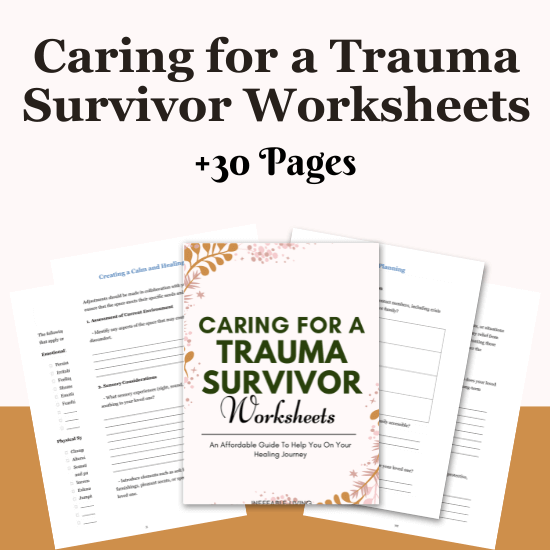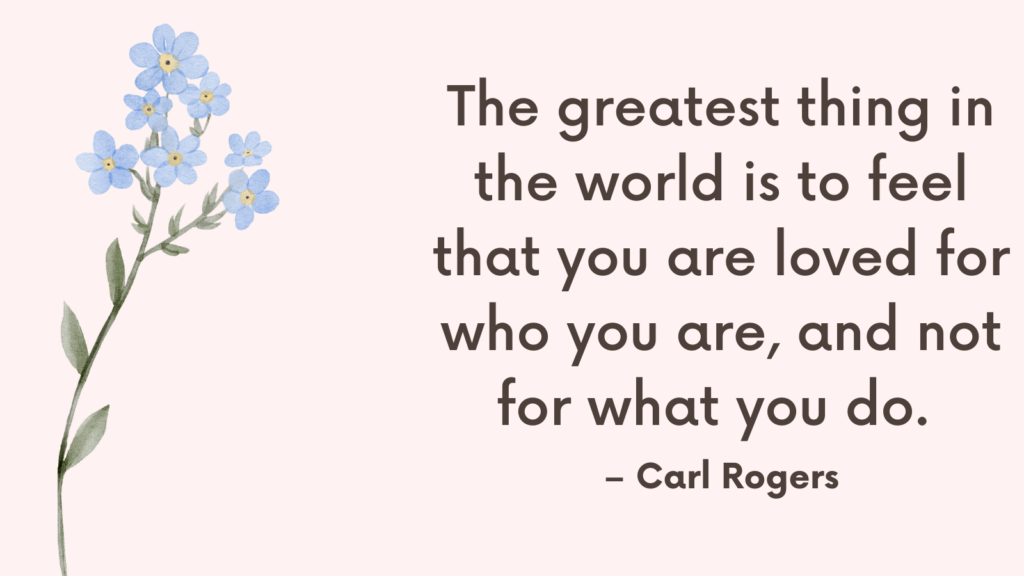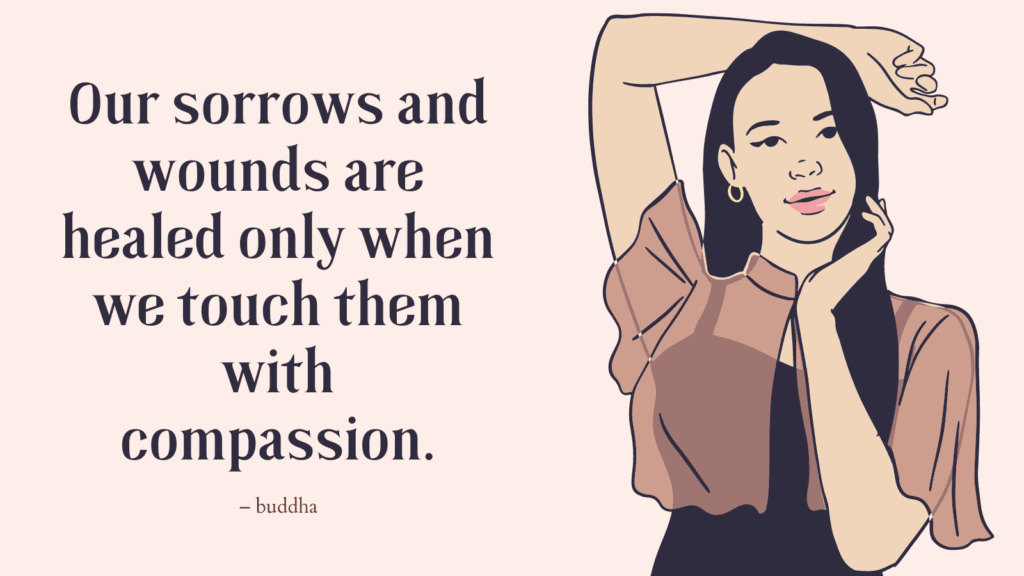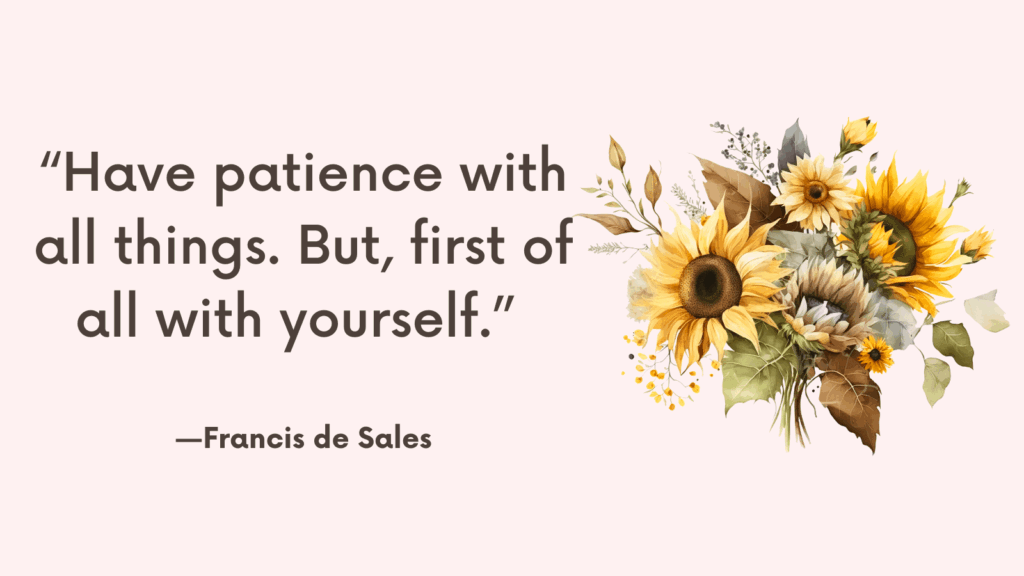In this post, you’re going to learn all about healing from trauma while in a relationship.
The Challenges of Healing From Trauma While In A Relationship
Trauma, whether it stems from past relationships, childhood experiences, or other life events, can significantly impact an individual’s emotional health, behavior, and how they interact in relationships.
Understanding these challenges is crucial for both partners to navigate the healing process effectively and supportively. Here are some key challenges:
1. Triggering of Trauma Responses
Trauma can cause various triggers in everyday situations, leading to unexpected emotional responses such as anxiety, fear, or anger.
2. Difficulty with Vulnerability
Trauma can make it difficult for someone to open up and be vulnerable with their partner, fearing judgment, rejection, or further harm.
3. Strain on Communication
Trauma can affect communication, leading to misunderstandings, withdrawal, or conflict.
4. Impact on Intimacy
Traumatic experiences, especially those involving abuse or assault, can impact physical and emotional intimacy, leading to avoidance or discomfort.
Related: 17 Trauma Journal Prompts To Support Your Healing
5. Navigating Emotional Highs and Lows
The healing process can be non-linear, with periods of progress and setbacks that can be confusing or disheartening for both partners.
6. Balancing Support with Personal Boundaries
The partner without trauma may struggle to provide support while also maintaining their own emotional health and boundaries.
7. Professional Help
Sometimes, the effects of trauma are too complex to handle without professional help, yet there might be resistance to seeking such assistance.
Related: What to Do When Someone with PTSD Pushes You Away?
10 Tips On Healing From Trauma While In A Relationship
1. Communicate Openly
Open and honest communication about feelings, experiences, and needs can build trust and understanding.
Share your healing journey with your partner, including your triggers and what support looks like for you.
2. Educate Yourselves
Both partners should seek to understand trauma and its effects.
Educating yourselves on the symptoms and common reactions to trauma can foster empathy and patience.
3. Set Healthy Boundaries
Identify and communicate your boundaries clearly.
Healthy boundaries help protect your emotional well-being and ensure that both partners feel safe and respected.
4. Practice Patience
Healing from trauma is a process that doesn’t have a set timeline.
Practice patience with yourself and your partner, recognizing that there will be good days and difficult ones.
Related: Complex PTSD And Nightmares: Top 9 Ways to Cope
5. Prioritize Self-Care
Both partners should prioritize self-care.
Engaging in activities that promote physical, emotional, and mental well-being can strengthen your ability to cope with stress and support each other.
6. Develop Coping Strategies
Work together to develop coping strategies for managing triggers and stressful situations.
This might include breathing exercises, mindfulness, or having a safe word during difficult moments.
7. Maintain Independence
While support from a partner is valuable, maintaining a sense of independence and personal identity is crucial.
Encourage each other to pursue individual interests and friendships outside of the relationship.
Related: How To Rebuild Your Life After Trauma?
8. Engage in Self-Compassion Practices
Cultivating self-compassion is a powerful tool in the healing journey.
Acknowledge your strengths, resilience, and adaptive coping mechanisms that have supported you through the aftermath of trauma.
Practice self-compassionate self-talk, self-soothing gestures, and kindness towards yourself as you navigate the healing process.
9. Consider Couples Therapy
If both you and your partner are open to it, couples therapy can provide a structured and supportive space to navigate the impact of trauma on the relationship.
A trained therapist can facilitate constructive communication, address relational challenges stemming from trauma, and nurture greater empathy and understanding between partners.
Additionally, couples therapy can help build resilience, enhance relational satisfaction, and foster deeper emotional intimacy.
Related: Top 10 Signs You’re Stuck In Freeze Response
10. Cultivate Resilience and Post-Traumatic Growth
Recognize that healing from trauma can also engender growth and resilience.
Embracing post-traumatic growth involves acknowledging the positive changes that can emerge from the trauma-healing process, such as enhanced appreciation for life, deeper personal insight, and strengthened relationships.

Conclusion
Healing from trauma while in a relationship adds complexity to the recovery process but also offers a unique opportunity for growth and deepening connections.
By applying these tips, couples can create a supportive environment that facilitates healing and builds a stronger, more resilient partnership.



